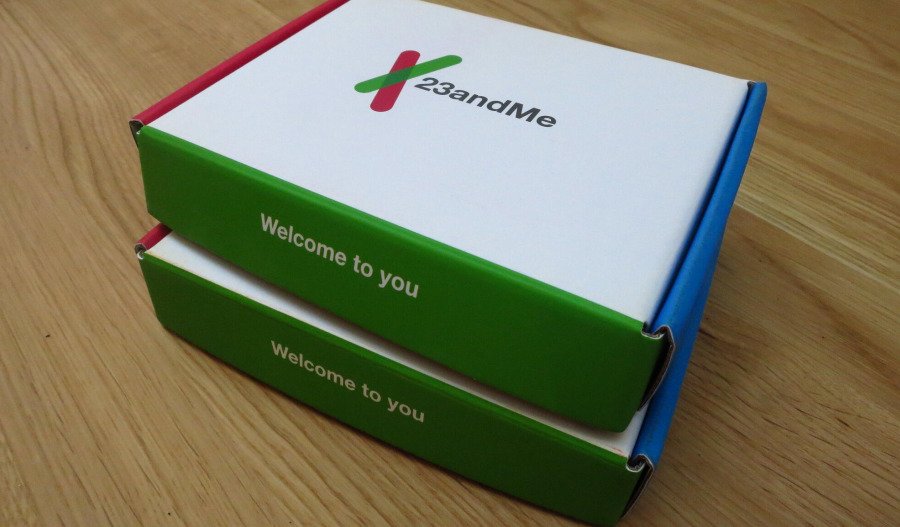Australian scientists, including those at the University of Sydney’s Charles Perkins Centre, have developed a breakthrough system dubbed PROTEUS (PROTein Evolution Using Selection), which applies biological artificial intelligence to design and evolve molecules directly within mammalian cells.
The new platform, researchers say, could revolutionise gene therapies and the development of precision medicines.
Unlike traditional artificial intelligence (AI), which processes digital data, PROTEUS uses a process known as directed evolution - a laboratory technique that mimics natural selection - to create molecules with improved or novel functions.
What once took years of trial-and-error experimentation can now be accomplished in weeks.
“This means PROTEUS can be used to generate new molecules that are highly tuned to function in our bodies, and we can use it to make new medicine that would be otherwise difficult or impossible to make with current technologies,” said co-senior author Professor Greg Neely, Head of the Dr. John and Anne Chong Lab for Functional Genomics at the University of Sydney.
PROTEUS overcomes a major limitation of existing directed evolution systems by operating within mammalian cells, rather than bacterial ones. This leap, researchers say, brings the technology closer to human applications.
“What is new about our work is that directed evolution primarily work in bacterial cells, whereas PROTEUS can evolve molecules in mammal cells,” Professor Neely added.
Published in Nature Communications, the research was carried out at the Charles Perkins Centre in collaboration with the Centenary Institute.
The system functions similarly to an AI model trained on prompts: scientists can input a biological “problem”, such as how to switch off a disease-causing gene inside the human body.
PROTEUS then generates and tests millions of molecular sequences to identify the most effective solution, many of which would not exist in nature or be conceivable through standard methods.
“The invention of directed evolution changed the trajectory of biochemistry. Now, with PROTEUS, we can program a mammalian cell with a genetic problem we aren’t sure how to solve,” said lead researcher Dr Christopher Denes.
He explained that the system runs continuously, providing regular insight into how it is solving genetic challenges.
One of the critical challenges the team faced was ensuring the mammalian cell remained stable through multiple evolutionary cycles without producing false or misleading results.
The solution involved using chimeric virus-like particles - combinations of genetic material from different viruses.
This innovative design used the shell of one virus and the genetic components of another, effectively preventing the system from generating trivial solutions and allowing it to operate with high precision.
The approach draws on two virus families, giving the system the capacity to process numerous potential solutions simultaneously. As evolution cycles run, effective solutions become dominant while less effective ones are discarded.
“PROTEUS is stable, robust and has been validated by independent labs. We welcome other labs to adopt this technique. By applying PROTEUS, we hope to empower the development of a new generation of enzymes, molecular tools and therapeutics,” Dr Denes said.
The researchers have already demonstrated the system’s utility by using it to evolve improved proteins that are more responsive to pharmaceutical control and nanobodies - miniature antibodies - that can detect DNA damage, a key driver of cancer.
However, its potential applications go far beyond this initial proof of concept. PROTEUS can be used to fine-tune the most proteins and molecular tools, opening possibilities for enhancements to Clustered Regularly Interspaced Short Palindromic Repeats (CRISPR) gene editing systems or mRNA-based therapies.
“We made this system open source for the research community, and we are excited to see what people use it for, our goals will be to enhance gene-editing technologies, or to fine tune mRNA medicines for more potent and specific effects,” said Professor Neely.
The original concept of directed evolution, first developed for bacteria, earned the 2018 Nobel Prize in Chemistry.
With PROTEUS, the evolution of this concept into mammalian systems opens a new frontier in molecular machine learning, bringing AI-inspired problem-solving directly into the biology of living systems.



